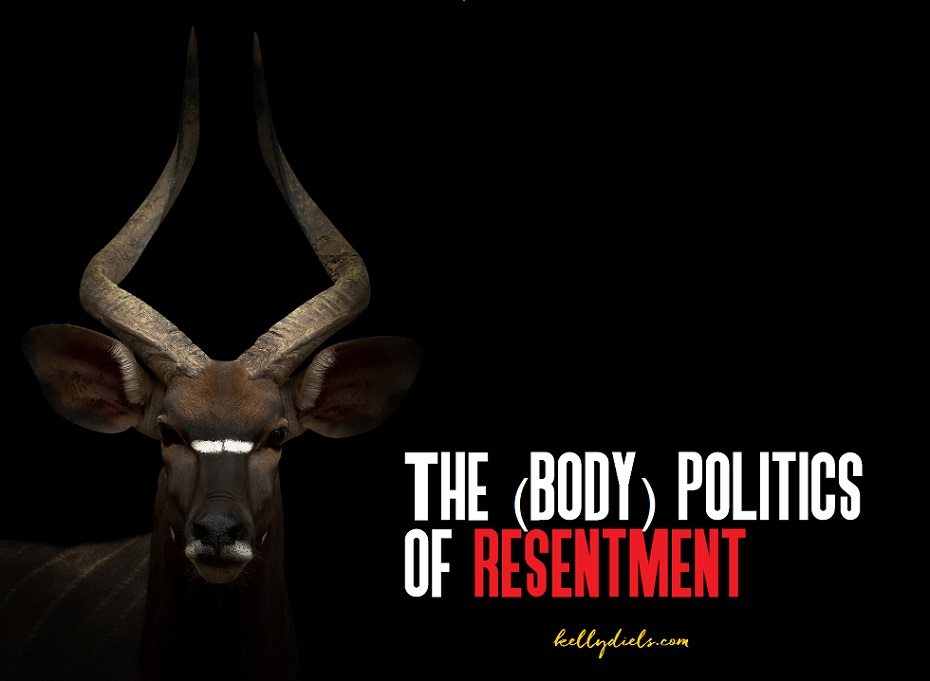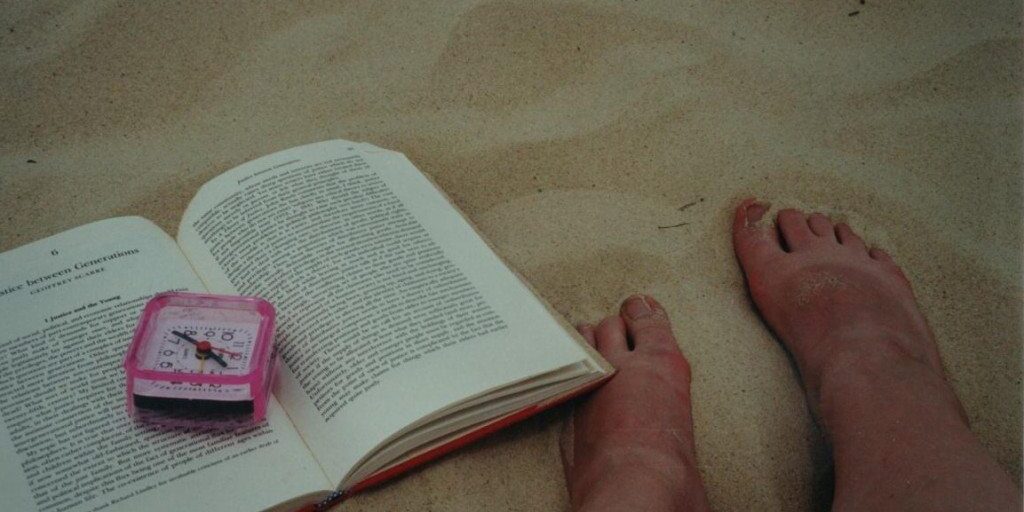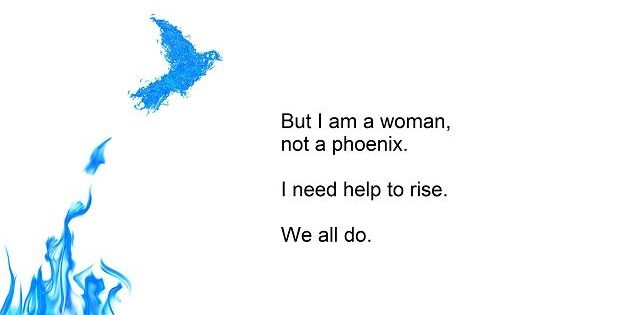
The Body, Stored Stress, and The Politics of Resentment


Something my therapist told me, when I was lost in a personal desert devoid of compassion, is that when we’re in fight-or-flight mode, we cannot experience empathy or compassion. All of our internal resources get directed to escape and security.
This therapist-o’-mine also makes me do things with my body to release stress and heightened emotion.
She told me a story about the lion and the antelope.
A hunted antelope will take extreme evasive action, and if she’s lucky and skilled enough to escape the lion’s jaws, the first thing she’ll do when she’s finally safe is a full body shake.
She deliberately shakes her whole body to physically discharge the fear, the arousal, the experience.
This, apparently, is why animals don’t get traumatized but humans do.
We human types often don’t physically and deliberately discharge trauma — or even stress — and so it inscribes itself in our body. We carry it with us, and it accumulates and accumulates and accumulates.
And when we are in stress and in trauma, we cannot feel empathy and compassion for others.
We can, however, feel resentment. Lots of it.
Which brings me to the politics of resentment.
I am wondering if the two things intersect.
I am wondering if our increasingly sedentary life is helping to inscribe stress, anxiety and trauma into our bodies; and if the inscription of agitation decreases our ability to empathize; and if that, in turn, helps activate pre-existing prejudices based in systemic disparities (baked-in othering and resentment) into the politics of resentment.
And then, as I wonder that, I think: bullshit.
In North America, when I’m talking about resurgence of ‘the politics of resentment’, I’m talking about white people.
Is it only white people who experience inscribed anxiety due to sedentary lives and therefore they’re uniquely primed to develop a collective politics of resentment that is bereft of compassion?
Are white people more stressed and traumatized and resentful than any other voting collective and so their xenophobic mobilization is a predictable political expression of inscribed pain?
Pain doesn’t automatically produce othering.
And in a context of systemic discrimination, wouldn’t marginalized peoples be more traumatized than white people and therefore more likely to develop a politics of resentment?
(I’m shadow-boxing with myself and my internalized oppressor.)
The stressed, sedentary body doesn’t produce the politics of resentment.
The politics of resentment is about the body, however. It’s about which bodies deserve rights and resources.



